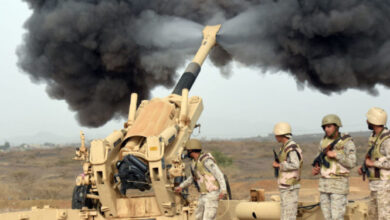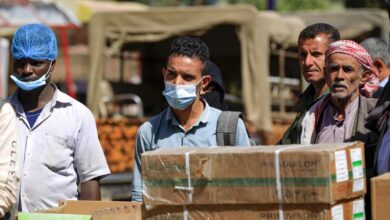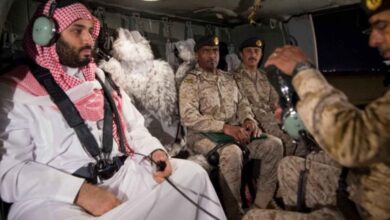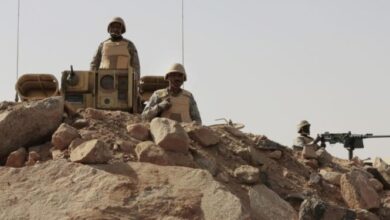International accountability pursues Saud House for their crimes in Yemen
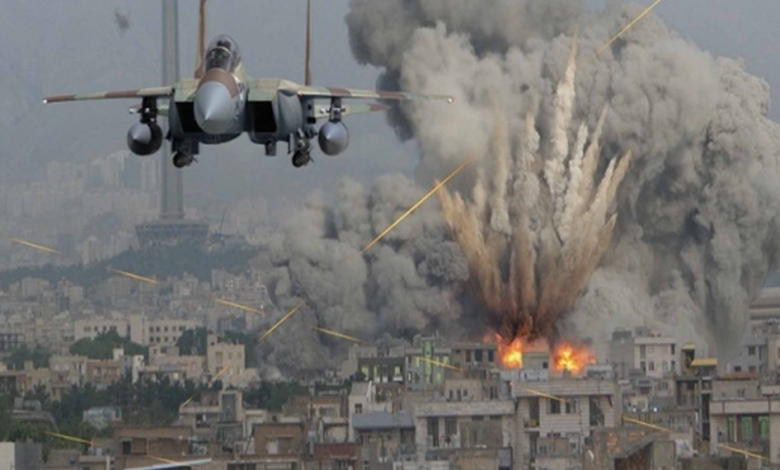
International accountability has been pursuing the Saudi regime for its crimes in Yemen over the past four years after a team of investigators recently found evidence of serious abuses by all parties to the conflict.
The UN Human Rights Council has agreed to extend the mandate of the Yemen War Crimes Commission.
Earlier this month, the commission, appointed by the council in 2017, reported that it had been able to identify “individuals who may be responsible for international crimes” committed during the fighting.
Saudi Arabia’s ambassador to the United Nations in Geneva, Abdul Aziz Al-Wasel, accused investigators of publishing “unreliable, baseless and unverified information.” But the decision to renew the mandate was passed with the support of the European Union, Canada and a number of Latin American countries.
British Ambassador Julian Braithwaite praised the “fair and balanced” work of the investigators and urged them to focus on “the behavior of those supporting the parties to the conflict.”
The commission of investigators, officially designated the Panel of Eminent International and Regional Experts on Yemen, was mandated to submit a new report on the conflict in Yemen within a year. Arab countries opposed to the Western text supported another draft resolution calling for the promotion of human rights in Yemen, without opening an international investigation into war crimes.
On 10 October, the Panel of Eminent Experts on the Investigation of Abuses in Yemen called on the international community to act to stop the continued killings and torture in the country, expressing “serious concerns” about attacks on civilians, in particular the air strikes of the Al-Saud coalition and the UAE.
In a statement delivered by the head of experts on Yemen Kamal Jendoubi, at the Human Rights Council session, he stressed that “the lack of cooperation of the Yemeni government as well as Saudi Arabia, the UAE and Egypt, during the past year, prevented the experts from reaching Yemen” and “prevented some Yemenis from meeting in Egypt because the environment of fear that some parties have planted in the hearts of victims and witnesses who have considered cooperating with our investigations.”
The Panel emphasized that the failure of the Yemeni Government and the Coalition to respond to questions posed by the Panel not only impeded its work, but also prevented it from considering certain views on the actions taken in incidents related to violations.
Jendoubi revealed that the experts conducted field visits to countries hosting Yemeni refugees, and conducted more than 600 interviews with witnesses, victims and victims’ families.
“After two terms, we are still in the early stages of uncovering countless violations committed in Yemen,” the team said.
Saudi has been waging a criminal war on Yemen for more than four years, killing thousands of civilians and turning the country into the world’s biggest humanitarian tragedy, according to the United Nations.

